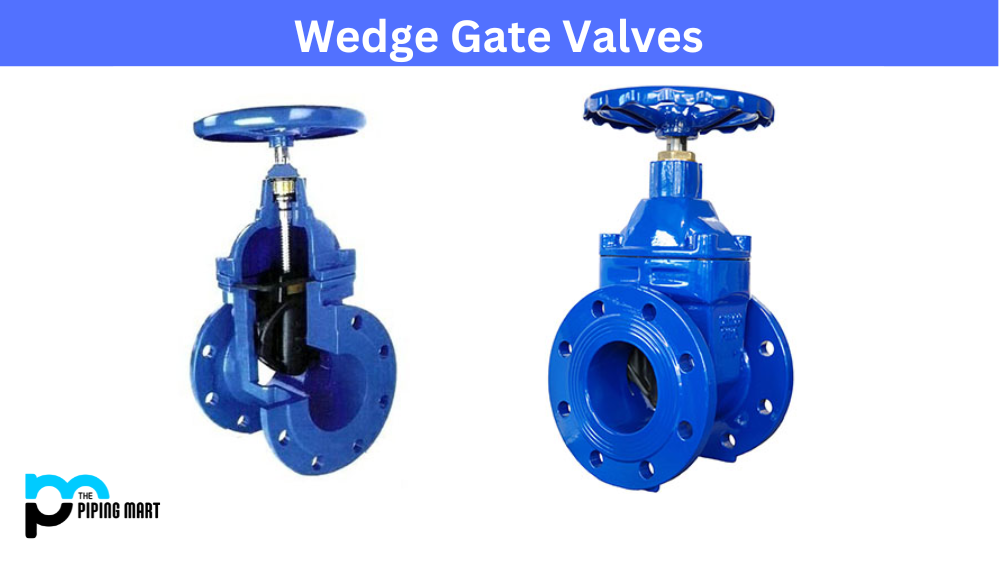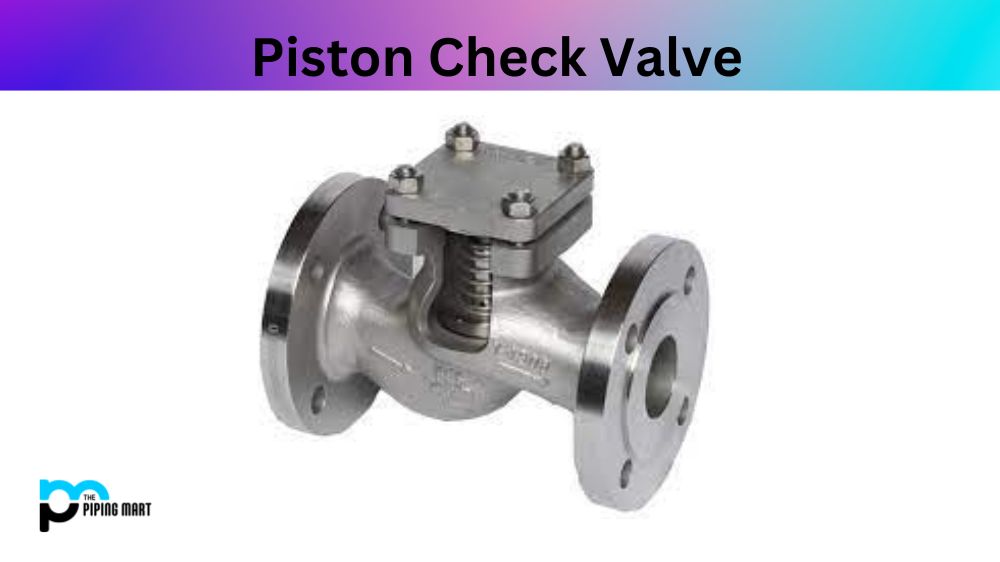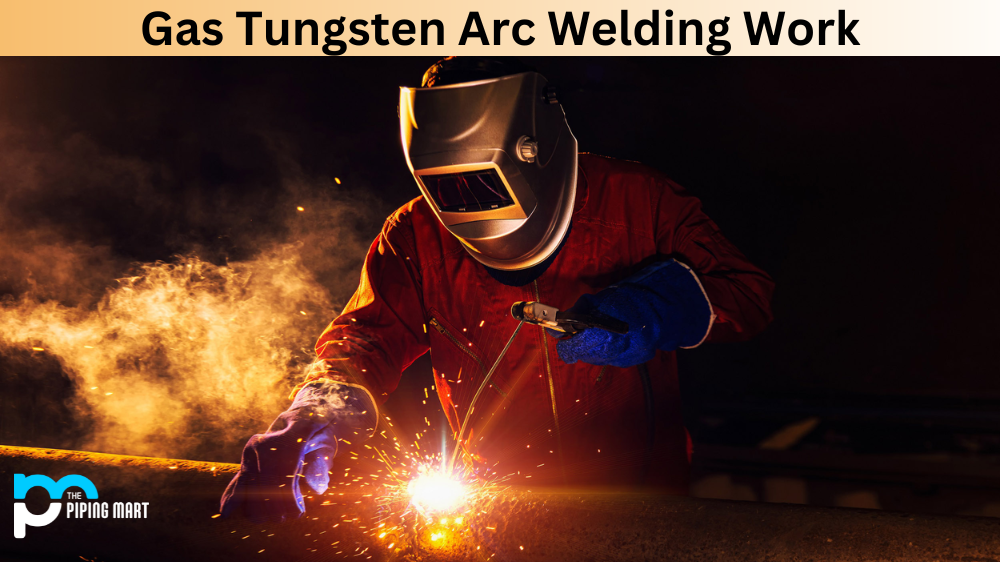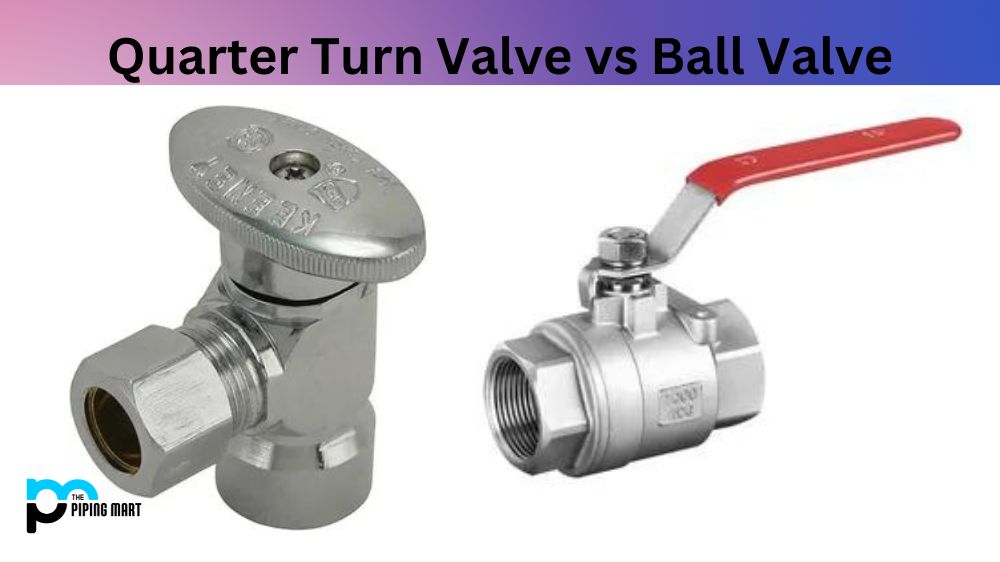Wedge gate valves are an essential part of many industrial processes. Whether you need to regulate the flow of liquids or gases, these valves can help you do it safely and efficiently. However, like all things, they have advantages and disadvantages. This post delves into wedge gate valves and explores their benefits and drawbacks.
Advantages of Wedge Gate Valve
Versatility
Wedge gate valves are versatile and can be used in various applications. They can handle a variety of liquids and gases and are ideal for high-pressure and high-temperature environments.
Low-pressure drop
The design of a wedge gate valve means that it has a small pressure drop across the valve. This means less energy is lost, translating to significant cost savings over time.
Durability
Wedge gate valves are made from high-quality materials, which makes them incredibly durable. They can withstand years of use without needing to be replaced, which is vital for industries that can’t afford downtime.
Tight Sealing
Wedge gate valves have a tight seal that prevents leaks in many industrial processes. The tight seal ensures no leakage or contamination of the fluids, gases, or chemicals being handled.
Ease of Maintenance
Wedge gate valves are easy to maintain and can be serviced without removing the entire valve from the piping system. This advantage is significant as it reduces downtime and minimizes specialized tools or equipment needs.
Wide Range of Sizes
Wedge gate valves are available in various sizes, making them suitable for various applications. Whether you need a tiny valve for a home plumbing system or a large valve for an industrial process, you’ll be able to find a wedge gate valve that meets your needs.
Durable and Reliable
Wedge gate valves are highly durable and reliable, making them ideal for critical applications. The valves are designed to withstand high pressures and temperatures and have a long service life.
Cost-Effective
Wedge gate valves are very cost-effective, which makes them an excellent choice for budget-conscious consumers. The valves are typically less expensive than others, such as ball or butterfly valves.
Disadvantages of Wedge Gate Valves
Slow to Operate
One of the most significant downsides of wedge gate valves is that they can operate slowly. This is because the wedge has to travel a relatively long way to open and close the valve.
Prone to Wedging
Wedge gate valves are more prone to wedging than other valves. This can be a problem if the valve is not used regularly or if debris builds up in the pipeline.
Pressure Drops
While wedge gate valves have a low-pressure drop, they still result in a pressure drop. This can impact the performance of pumps and other equipment used.
Cost
Finally, wedge gate valves are more expensive than other valves. This is mainly due to the high-quality materials and the complex manufacturing process.
Limited Flow Control
One of the primary disadvantages of wedge gate valves is that they offer limited flow control. It can be challenging to regulate fluid flow through the valve, leading to problems such as leaks or bursts.
Susceptible to Corrosion
Another downside of wedge gate valves is that they are susceptible to corrosion. This is because the valve is made of metal, which can rust when exposed to water or other fluids.
Can Be Difficult to Repair
It can be challenging to repair if a wedge gate valve becomes damaged. This is because the valve is not easily accessible, and special tools and training are required to fix it.
Not Suitable for High-Pressure Applications
Wedge gate valves are unsuitable for high-pressure applications, such as those in industrial settings. The valve can succumb to wear and tear under high pressure, leading to leaks or bursts.
Can Be Expensive
Wedge gate valves can also be expensive, especially compared to other valves, such as ball valves. This is because the manufacturing process is more complex, and the materials are typically more costly.
Conclusion
Wedge gate valves are essential to many industrial processes, offering many benefits, such as versatility, low-pressure drop, durability, and tight sealing. However, as with any product, there are also some disadvantages. The key is to weigh these pros and cons against each other to determine whether a wedge gate valve suits your application. While some drawbacks may be significant, proper maintenance and operation can mitigate or eliminate many. Ultimately, understanding the advantages and disadvantages of wedge gate valves is essential for ensuring your industrial process’s safe, efficient operation.

Meet Bhavesh, a seasoned blogger with a wealth of knowledge and experience. From metal products manufacturing to retail, Bhavesh has a diverse background in various industries and is dedicated to sharing his insights and expertise with readers.




